Hastings reminds parents, teachers of educational tax credits
- Details
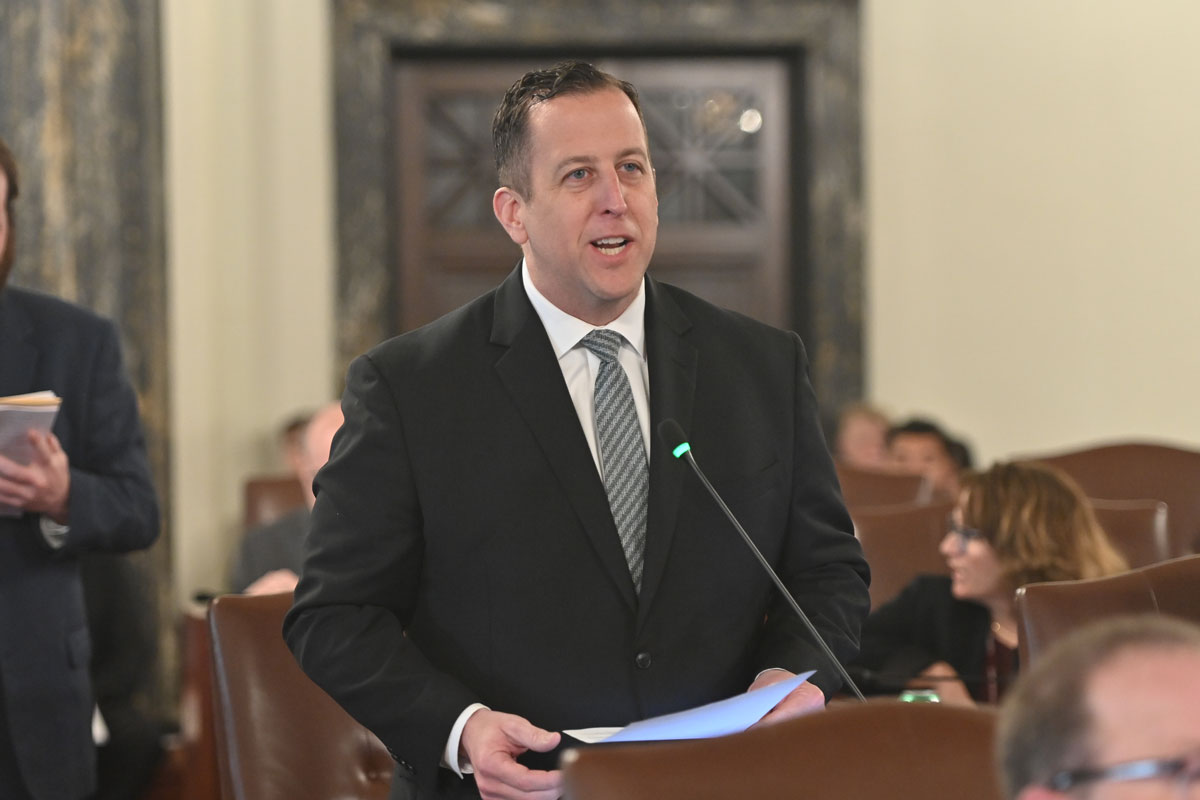
FRANKFORT – Back-to-school season has kicked off, and State Senator Michael E. Hastings is reminding families they may be able to claim school expenses for their K-12 students on their 2024 Illinois individual income tax returns.
“As students head back to school, many parents feel it in their pocketbooks,” said Hastings (D-Frankfort). “School supplies can be expensive for families, and that’s why I encourage parents to save their receipts so they can have extra money in their pockets after tax season.”
The Hastings-led Illinois Education Expense Credit allows parents or legal guardians of a full-time K-12 student to take a 25% tax credit on qualified education expenses over $250 this year, up to $750 per household. Qualified educational expenses include tuition, book rental and lab fees in excess of $250 paid to the school where the student is enrolled on a full-time basis. For homeschooled students, book rental and lab fees greater than $250 are eligible when attending a qualified homeschool program.
Read more: Hastings reminds parents, teachers of educational tax credits
Illinois state flag design submissions now open, Turner announces
- Details
 SPRINGFIELD – State Senator Doris Turner joined members of the Illinois Flag Commission at a press conference Thursday to announce residents can now submit new flag designs.
SPRINGFIELD – State Senator Doris Turner joined members of the Illinois Flag Commission at a press conference Thursday to announce residents can now submit new flag designs.
“History is living, breathing and ever-evolving,” said Turner (D-Springfield). “We need to ensure government is evolving with the times so people are engaged and a part of what is going on across the state. My hope is that Illinois’ flag will truly represent Illinois – a state with a strong workforce, an agriculture champion and so much more.”
Turner led Senate Bill 1818 to create the Illinois Flag Commission to develop new state flag designs. The commission will make recommendations to the General Assembly deciding whether the current state flag should be replaced with a redesigned state flag by April 1, 2025.
Read more: Illinois state flag design submissions now open, Turner announces
Hundreds served at Hunter’s 20th annual health fair
- Details
 CHICAGO — State Senator Mattie Hunter celebrated her 20th Family Health and Fitness Fair this month, empowering residents with free health screenings and streamlined access to local and state services.
CHICAGO — State Senator Mattie Hunter celebrated her 20th Family Health and Fitness Fair this month, empowering residents with free health screenings and streamlined access to local and state services.
“When I hosted my first health fair 20 years ago, it was a small event in a parking lot. We saw about 20 people show up,” said Hunter (D-Chicago). “Now we’ve partnered with Illinois Institute of Technology, using a large, visible outdoor space with more vendors inside. We’ve been able to help thousands of residents over the years achieve better health through education and resources, all while having fun.”
Read more: Hundreds served at Hunter’s 20th annual health fair
New Belt law promotes more economic equity and opportunity
- Details
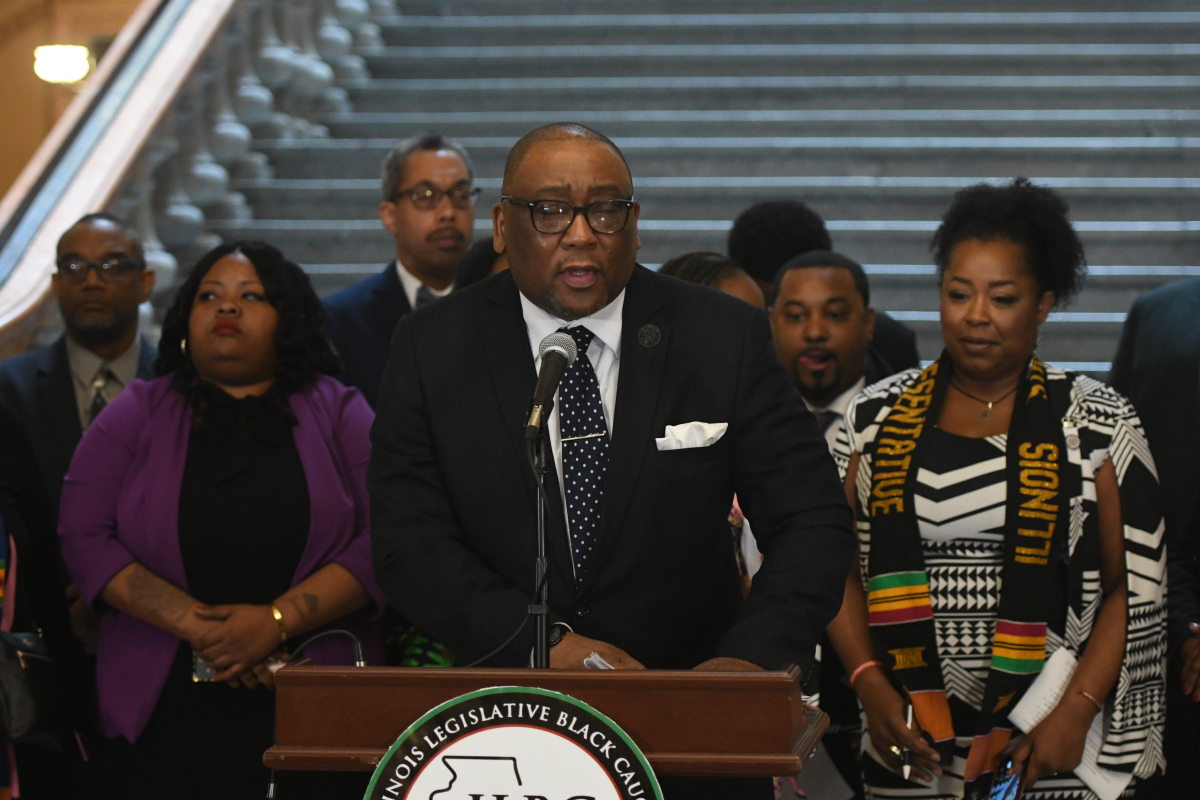 SPRINGFIELD – A new law led by State Senator Christopher Belt will identify and correct inequities some individuals face when seeking loans, mortgages or other financial services.
SPRINGFIELD – A new law led by State Senator Christopher Belt will identify and correct inequities some individuals face when seeking loans, mortgages or other financial services.
“Unfair lending practices undermine the financial stability of our communities,” said Belt (D-Swansea). “This new law is the first step toward enacting stronger protections to ensure every borrower is treated with fairness and respect.”
The new law builds off previous legislation that incentives state-regulated financial institutions to meet the financial service needs of areas where there is a lack of access to affordable banking, credit for small businesses, reasonable interest rates, mortgages and other lending services.
Read more: New Belt law promotes more economic equity and opportunity
More Articles …
Page 101 of 706

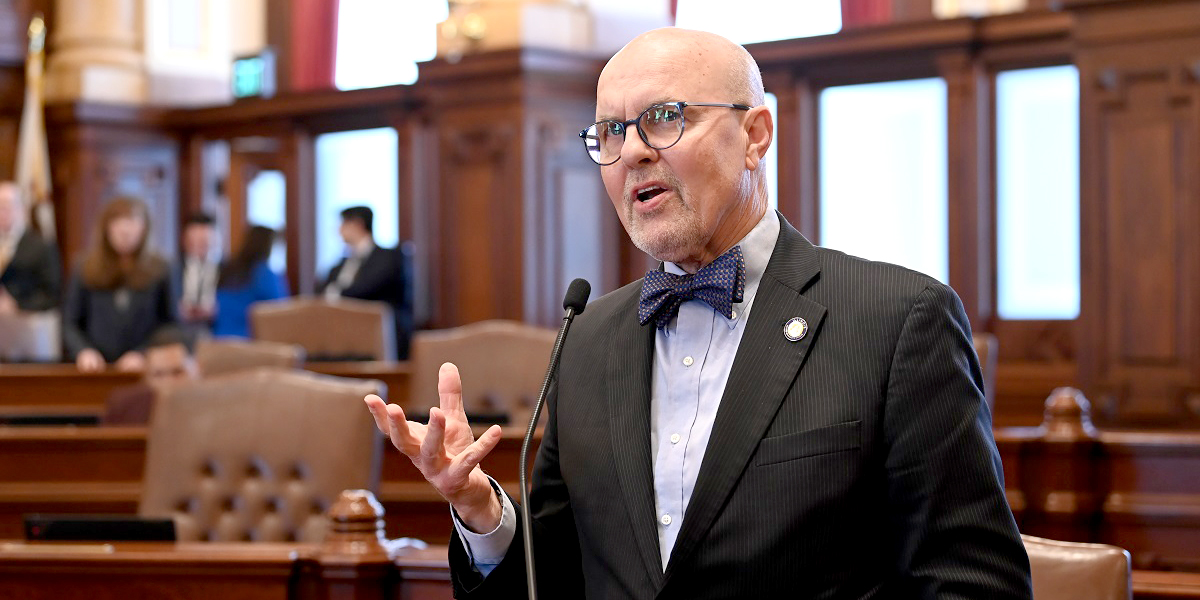

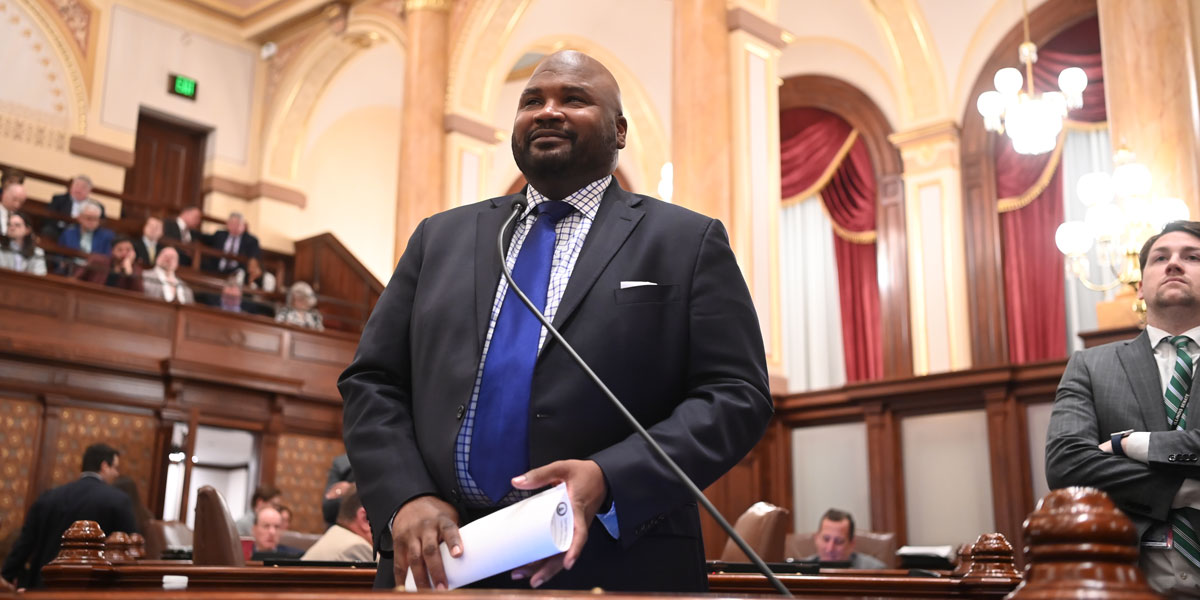
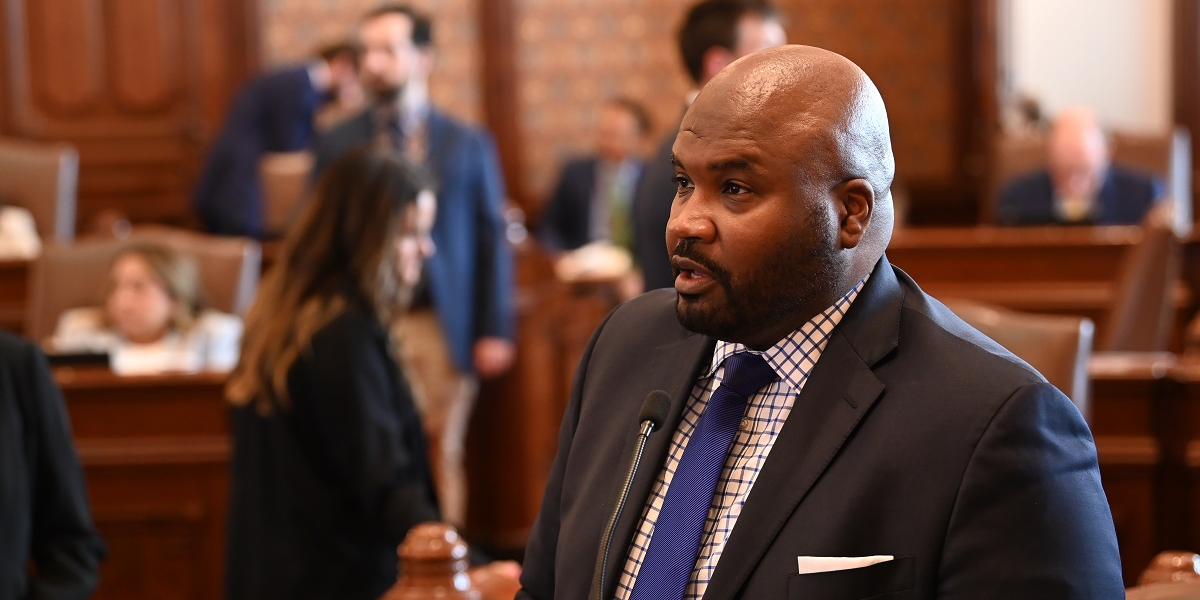
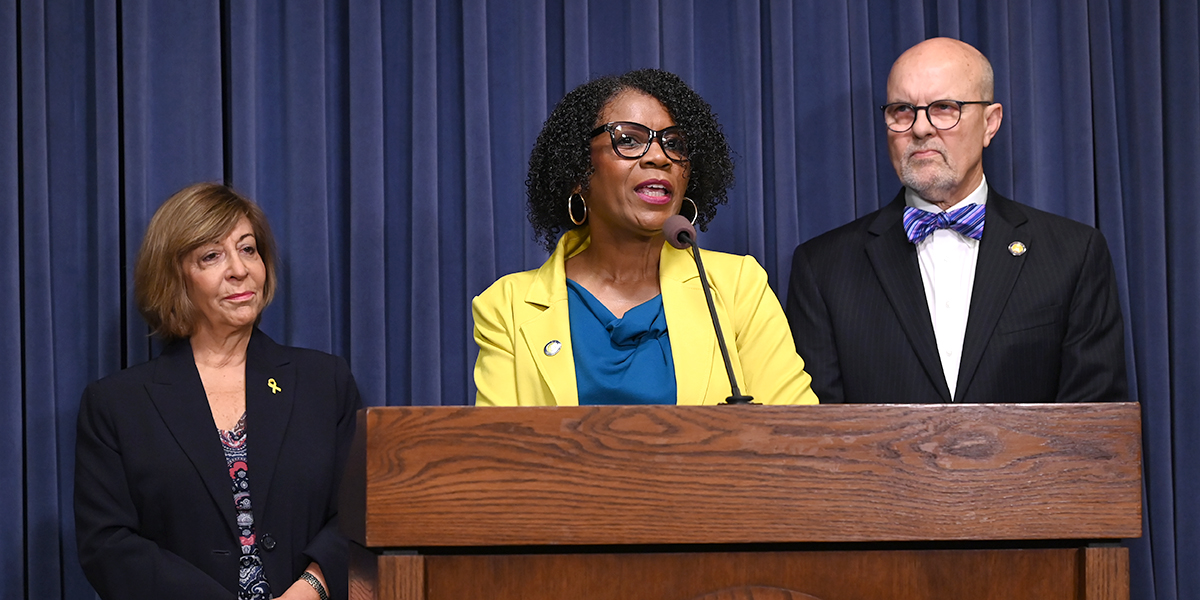
















 © 2025 Illinois Senate Democratic Caucus
© 2025 Illinois Senate Democratic Caucus